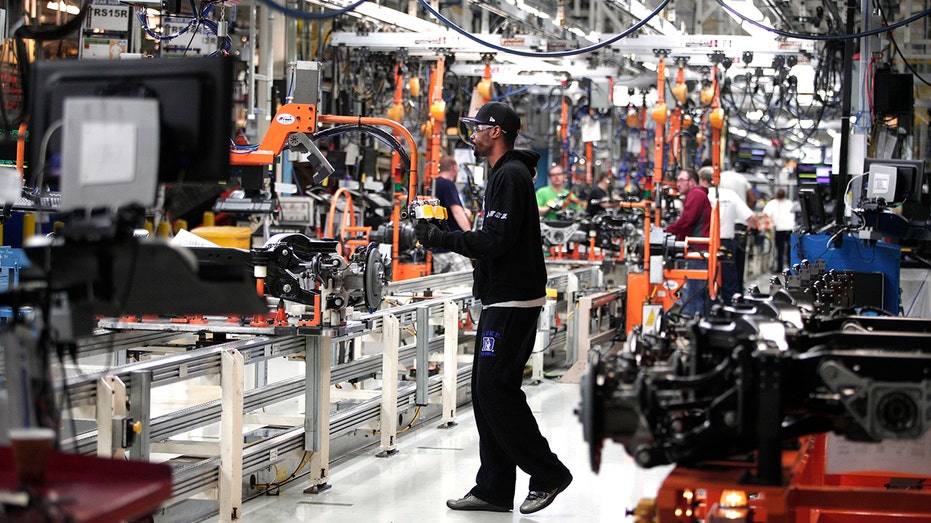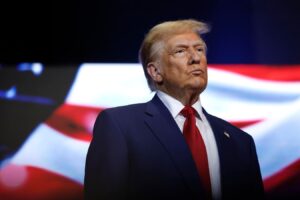President Donald Trump announced plans to work with Republican members of Congress to “dramatically” cut taxes for individuals and companies.
Trump spoke at the FII Priority Saudi Investment summit in Miami, Florida, on Wednesday, when he announced his plans for the “largest tax cuts in American history.”
“We’re going to dramatically cut taxes for families and for workers and for companies, including no tax on tips, and hopefully, no tax on Social Security and no tax on overtime,” he said.
The president laid out his vision for the tax cuts, which includes being able to expense 100% of the construction of a new factory in the U.S. and reducing taxes for oil and gas producers.
TRUMP SAYS HE WILL INTRODUCE 25% TARIFFS ON AUTOS, PHARMACEUTICALS AND CHIPS
Trump’s plan also calls on implementing tariffs on cars, semiconductors, pharmaceuticals, and lumber, among other things, which the president said he will announce in the next month or so.
“We’ll bring our businesses back. If they don’t make their product in America, then very simply, they have to pay a tariff,” he said. “But if they do make their product in America, then they don’t have to pay any tariff, which will bring…it’s all going to bring trillions of dollars into our treasury or it’s going to mean that there won’t be any taxes…”
The comments come a day after Trump said he plans to impose auto tariffs “in the neighborhood of 25%” and similar tariffs on semiconductors and pharmaceutical imports.
WILL TARIFFS REDUCE TRADE DEFICITS? EXPERTS WEIGH IN

He said on Friday that the auto tariffs could come as soon as April 2, the day after a review by his administration of options for a range of import taxes is due to be completed.
The president has long criticized what he calls the unfair treatment of U.S. auto exports in foreign markets.
For example, the European Union collects a 10% tariff on vehicle imports that’s four times the U.S. passenger car tariff rate of 2.5%. However, the U.S. collects a 25% tariff on pickup trucks from countries other than Mexico and Canada, a policy which helps keep pickup trucks a profitable segment for U.S. automakers.
TRUMP SIGNS RECIPROCAL TARIFF PLAN: ECONOMISTS WEIGH IN ON HOW IT COULD WORK

On Tuesday, Trump told reporters at his Mar-a-Lago estate in Florida that tariffs on pharmaceuticals and semiconductor chips would also start at “25% or higher” and rise substantially over the course of the year.
Trump didn’t specify a date for announcing those duties and said he wanted to provide some time for drug and chipmakers to set up U.S. factories so they can avoid tariffs. He also said that he expects some of the biggest companies in the world to announce new investments in the U.S. in the next couple of weeks, though he provided no further details.
Since taking office on Jan. 20, Trump has imposed a 10% tariff on all imports from China on top of existing tariffs due to its role in fentanyl trafficking.
Trump also announced 25% tariffs on goods from Mexico and non-energy imports from Canada, while taxing Canadian oil and gas at a lower 10% rate. He delayed those tariffs until at least early March after the two countries announced border security measures.
FOX Business’ Eric Revell contributed to this report.
Read the full article here















